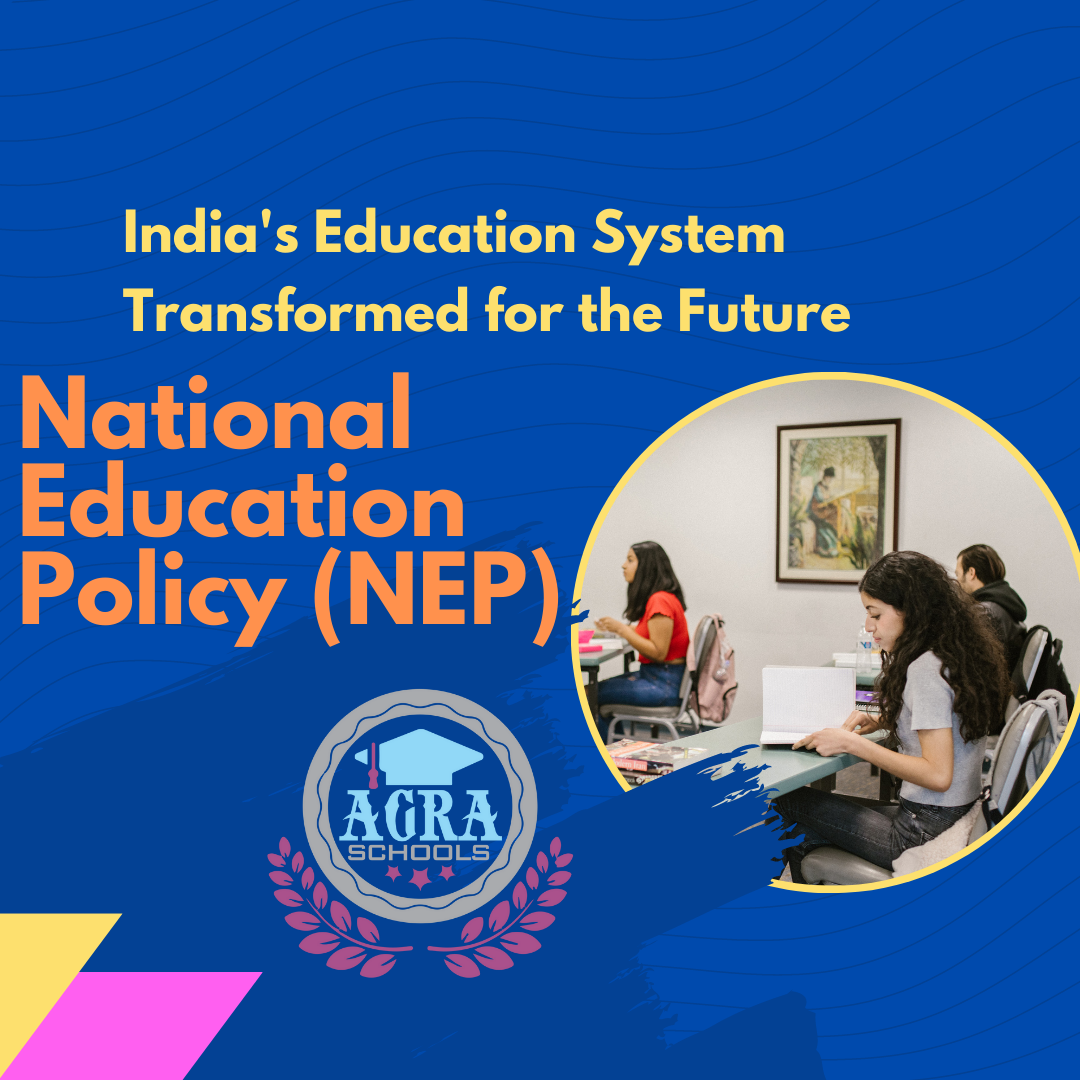The Impact of the National Education Policy (NEP)
Table of Contents
I. Introduction
A. Brief overview of India’s education system
B. Introduction of the National Education Policy (NEP)
II. Student-Centric Approach
A. Shift from 10+2 system to 5+3+3+4 system
B. Emphasis on foundational learning
C. Encouragement of critical thinking, creativity, and experiential learning
III. Vocational Training
A. Importance of practical learning
B. Collaboration with local industries and businesses
C. Integration of vocational training into the curriculum
IV. Digital Education
A. Importance of technology in education
B. Integration of digital content, online resources, and e-learning tools
C. Training of teachers in digital education
V. Regional Languages and Cultural Heritage
A. Promotion of regional languages
B. Preservation of India’s cultural heritage
C. Recognition of the diversity of India’s population
VI. Conclusion A. Summary of the changes brought about by the NEP
B. Importance of implementing the NEP
C. Implications for the future of India’s education system
Introduction of the National Education Policy (NEP)
The National Education Policy (NEP) is a policy document released by the Government of India in 2020 that outlines the vision and roadmap for the transformation of the country’s education system. The NEP aims to provide a comprehensive framework for the development of education at all levels, from early childhood to higher education.
The NEP is based on the principles of equity, access, quality, affordability, and accountability. It aims to address the challenges facing India’s education system, including low levels of literacy and numeracy, poor quality of education, high dropout rates, and limited access to vocational training.
The NEP introduces several major changes to the education system, including a new 5+3+3+4 system of education that replaces the old 10+2 system, an emphasis on foundational learning and critical thinking, and the integration of vocational training into the curriculum. The NEP also promotes the use of technology in education and the development of digital infrastructure in schools.
The NEP also recognizes the importance of regional languages and cultural heritage in education and aims to promote multilingualism and preserve India’s diverse cultural heritage. It emphasizes the importance of teacher training and professional development, and the need for teachers to be equipped with the necessary skills and knowledge to teach in a rapidly changing educational environment.
The implementation of the NEP requires significant investment and effort from the government, educators, and other stakeholders. However, it is seen as a crucial step towards ensuring that India’s education system is equipped to meet the demands of the future and provide students with the skills and knowledge they need to succeed in a rapidly changing world.
Overall, the National Education Policy is a landmark policy document that aims to transform India’s education system and make it more equitable, inclusive, and effective. Its implementation has the potential to significantly improve the quality of education in India and ensure that all students have access to the education they need to succeed.
India’s education system has undergone a major transformation in recent years, thanks to the implementation of the National Education Policy (NEP) 2020. The NEP aims to reorient India’s education system to meet the demands of the future and make it more relevant and inclusive.
One of the most significant changes introduced by the NEP is the restructuring of the school curriculum. The new curriculum emphasizes the development of essential skills such as critical thinking, creativity, problem-solving, and collaboration. It also focuses on providing a well-rounded education by incorporating subjects such as art, music, and physical education.
Another crucial aspect of the NEP is the introduction of a new pedagogical approach that encourages active learning and student-centered teaching. This approach encourages students to participate in the learning process and take ownership of their education. It also promotes experiential learning, which involves hands-on activities and real-world projects to help students apply what they have learned.
The NEP also aims to improve the quality of teaching by providing teachers with better training and professional development opportunities. The policy encourages teachers to pursue higher education and offers incentives for those who choose to teach in rural areas. It also promotes the use of technology in education and encourages the development of digital resources for teaching and learning.
The NEP also recognizes the importance of vocational education and aims to provide students with practical skills that will enable them to succeed in the job market. It promotes the integration of vocational training into mainstream education and encourages partnerships between schools and industries to provide students with real-world experience.
The NEP also recognizes the need to make education more accessible and inclusive. It aims to provide quality education to all children, regardless of their background or socioeconomic status. It encourages the use of local languages as a medium of instruction and promotes the inclusion of children with disabilities in mainstream education.
In conclusion, the National Education Policy 2020 is a game-changer for India’s education system. It aims to reorient the system to meet the demands of the future and make it more inclusive and relevant. The NEP recognizes the importance of essential skills, active learning, vocational education, and the use of technology in education. It also aims to provide quality education to all children, regardless of their background or socioeconomic status. The implementation of the NEP will require the collective effort of all stakeholders, including policymakers, educators, parents, and students. But with the right approach, India’s education system can be transformed to meet the challenges of the future and prepare the next generation of leaders and innovators.


1 comment
I’ve been searching for advice on this subject for ages, appreciate it.